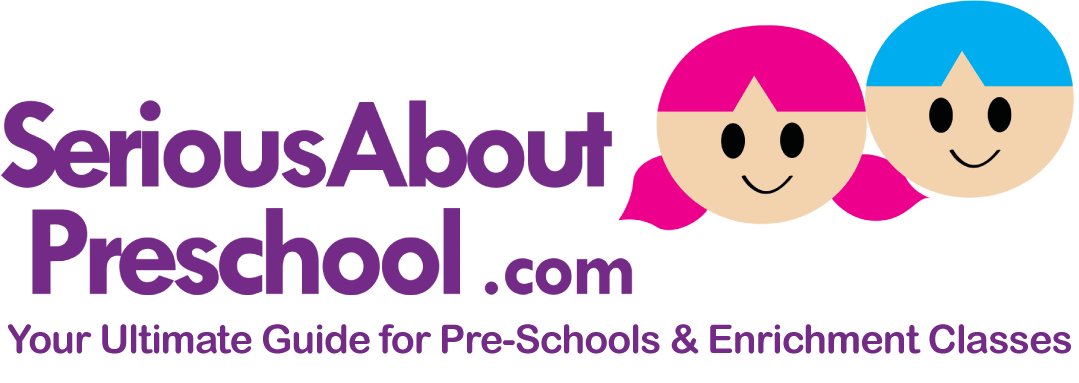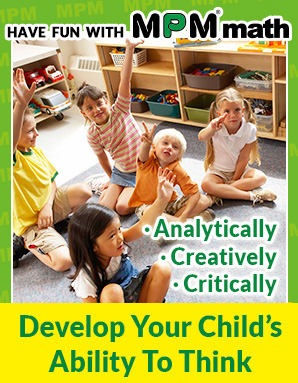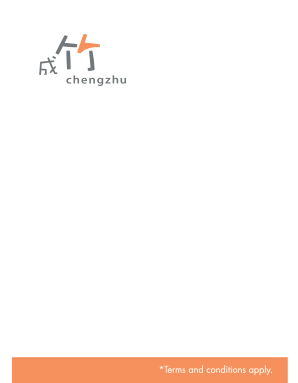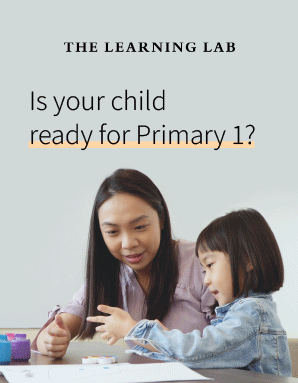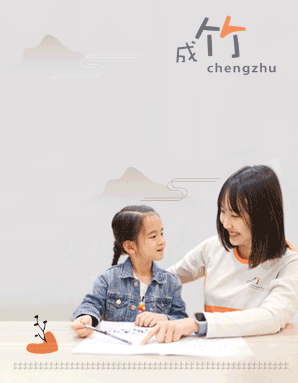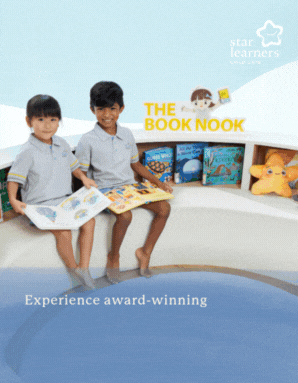Question:
How can I help my child to become an independent learner?Asked By : JamesJ
Words from the Expert:
Question:
How can I help my child to become an independent learner? I've noticed that she is not as engaged in class as her peers are.
Answer:
1. Help Your Child Find Lessons in Failures
“Success is not final, failure is not fatal: it is the courage to continue that counts.” - Winston Churchill
And while we strive to give our students the tools to succeed, we also want them to enjoy their individual learning journeys and to embrace failure as an impetus to keep moving forward, reminding them that it took Thomas Edison a thousand unsuccessful attempts at inventing one of the world’s most sought-after commodity: the light bulb.
The growing disappointment of parents when their child gets average or below average grades all but impedes their desire to keep learning and instead pushes them to focus heavily on performance, which is also important, but not to the detriment of their personal growth and individual motivations.
2. Demonstrate the Difference Between Prioritisation and Multitasking
One of things children find intimidating about school is the eventual bombardment of ‘things-to-do’ and the pressure to do all these activities well.
It’s useful to remember that independent learning is as much about pursuing personal interests as it is achieving personal goals.
Mark McGuinness, author of Time Management For Creative People, shares in his book that prioritisation “ensures you are making progress towards your own goals and dreams, instead of merely reacting to what other people throw at you”.
-
By teaching about prioritisation, we help children to independently give their projects a bit more thought, and us adults to learn which subjects and projects they are drawn towards.
-
By teaching about multitasking, we introduce the idea of efficiency.
A 2012 study by The Chinese University of Hong Kong suggests that “those who frequently use different types of media at the same time appear to be better at integrating information from multiple senses — vision and hearing in this instance — when asked to perform a specific task”.³
As your child will eventually learn to navigate life in within his or her own motivations, it’s important to demonstrate the difference between prioritisation and multitasking so that he or she learns there is no one right way to do things.
We start to slowly ingrain these qualities to our students as they enter Primary 3, for instance, when students take on Science as an additional subject. From students who transitioned from Primary 4 to Primary 5, there is a noticeable jump in academic requirements, more diversity in the scope of the subjects, as well as increased discussions that help them independently learn to weigh pros and cons.
3. Ask, Don’t Tell
Open questions allow your child to explore a situation rather than being expected to know the right answer.
To help them develop independent thinking, try asking questions like...
-
Why do you think this is important?
-
Where can you find some answers?
-
How will you know if your learning was successful?
These open questions allow your child to take the initiative to move forward with an idea and, as American educator Malcolm Knowles defined independent learning, ‘identify human and material resources for learning, and evaluate the learning outcomes’.
The process of asking questions also allow your child to exercise a sense of self-awareness about what is realistic to achieve in a set period of time. For example, learning a new topic isn’t easy, so your child should identify gaps in knowledge and seek ways to clarify doubts before wanting to recall everything perfectly.
Grooming your child into an independent learner goes beyond getting him or her to ask the right questions.
The Expert:
The Learning Lab
www.thelearninglab.com.sg




